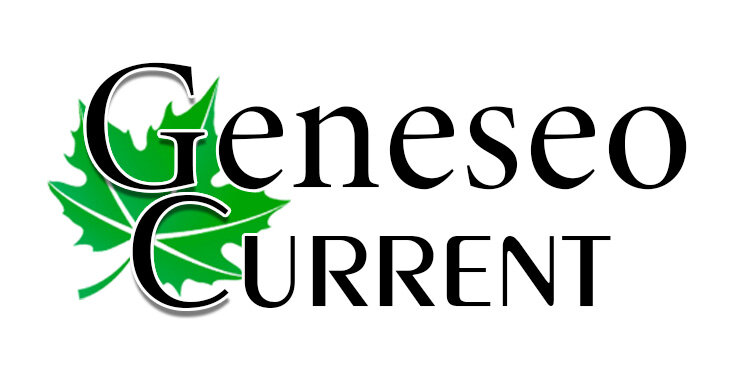Geneseo Current
Mother’s Day, as celebrated in the United States, traces its roots to the early 20th century. Though the concept of honoring mothers dates back to ancient civilizations, the American version of the holiday was largely shaped by the efforts of Anna Jarvis. Following her mother’s death in 1905, Jarvis sought to create a day of recognition for the sacrifices mothers make for their children. Her campaign gained national attention, and in 1914, President Woodrow Wilson officially designated the second Sunday in May as Mother’s Day.
The original intent of Mother’s Day was deeply personal and sentimental. Jarvis envisioned a quiet, reflective holiday focused on expressing love and gratitude toward one’s mother, often symbolized by white carnations—her mother’s favorite flower. Ironically, as the holiday gained popularity, it became increasingly commercialized, with businesses capitalizing on the tradition by promoting cards, flowers, and gifts. This commercialization eventually frustrated Jarvis, who spent her later years denouncing what she saw as a distortion of her original vision.
Despite the shift in tone, Mother’s Day remains a widely celebrated holiday in the United States. Modern celebrations vary greatly, but typically include giving gifts, preparing meals, or spending quality time with mothers and maternal figures. Florists report some of their highest sales during this time, and restaurants often experience a surge in reservations for Mother’s Day brunches and dinners.
In addition to traditional celebrations, many schools and community organizations host special events in the lead-up to Mother’s Day. Children often create handmade cards or crafts, while churches and community centers may hold services or gatherings to honor mothers. Social media has also played a role in how people now observe the day, with tributes, photographs, and messages flooding platforms like Instagram and Facebook.
Mother’s Day in the U.S. has evolved from a humble movement of personal appreciation to a major national celebration. While its commercial aspects are now entrenched in popular culture, the underlying message of honoring and appreciating mothers endures. Whether through heartfelt notes, family meals, or acts of service, the day remains an important occasion for expressing love and gratitude toward those who nurture and care for others.

